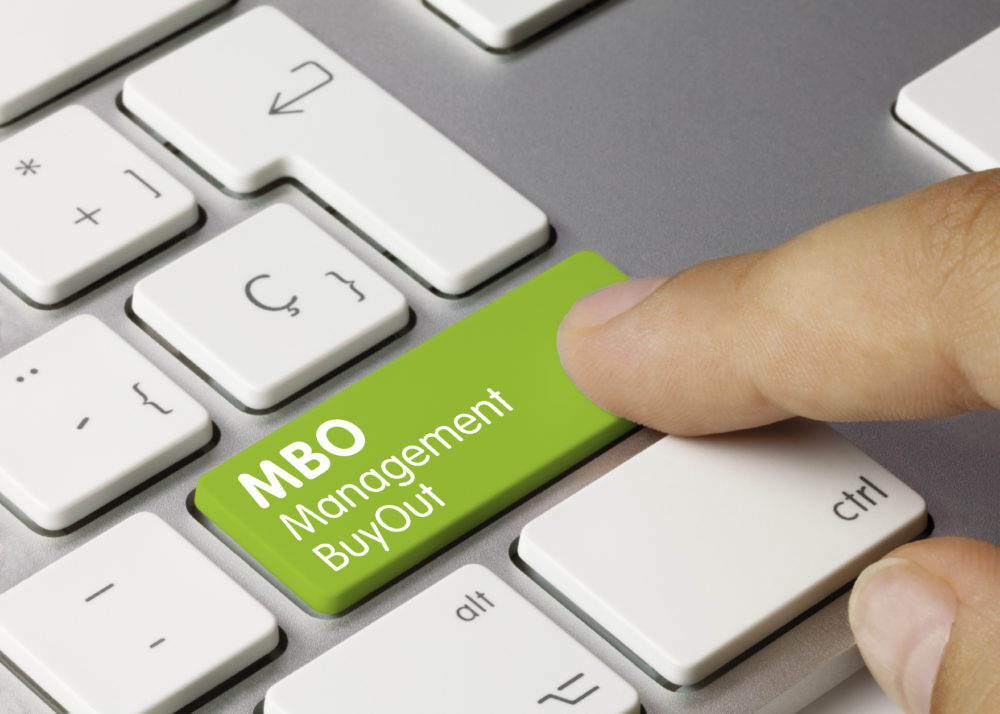M&A activity within the UK mid-market has significantly increased over the last five years as owners look to sell their businesses and capitalise on the market conditions. In addition, there is a greater awareness of the variety of exit strategies available – ranging from a full or partial sale, a sale to a trade buyer, a private equity deal or a management buy-out or in. In today’s extremely buoyant marketplace, it is wise to have an exit strategy in place, regardless of long or short-term plans, as it allows owners time to prepare their business for sale, thereby maximising value.
High M&A activity
These high levels of M&A activity, that include the acquisition of UK companies by both other UK firms or international buyers, can be partly attributed to the growing confidence in low interest rate environments and cheap finance in many economies. In the UK, Entrepreneurs’ Relief is also currently still in place, pushing entrepreneurs to sell equity ahead of likely tougher tax rules, should a Labour government be elected.
UK-based trade acquirers continue to show signs of increasing activity as they release cash reserves built-up since the 2008 economic recession. These reserves are now being invested to facilitate growth initiatives, with many choosing a policy of more rapid growth by acquisition rather than doing so organically. According to figures released from the Office for National Statistics, a total of 88 domestic acquisitions, reaching £5.9 billion were completed in Q1 2018, £2.6 billion more than the same quarter for 2017.
In particular, the retail sector was a stand-out performer, having experienced a 15 per cent rise in the number of mergers and acquisitions. Following the recent announcement of the £51 billion Sainsbury’s and Asda merger, the Co-op’s approach for Nisa and Tesco Opticians’ acquisition by Grandvision, it is clear that market leaders in the sector are looking to build breadth of offering and scale, amidst struggling sales performances and ongoing disruption to the industry.
Another notable sector that secured strong levels of investment in the UK is the tech industry which has received over three times more investment than any other European country, raising over £847 million in venture capital funding so far this year. This is arguably a result of London’s status as the tech capital of Europe, with thriving innovation that provides a good source of capital for investors, as well as the reputation of the “Silicon Fens” as the UK equivalent of Silicon Valley in the US for tech start-ups.
More on exit strategies
The essential guide to raising private equity
An introduction to the process of management buy-outs
Family business – time to exit?
UK companies have also proven popular targets for international buyers, with a total of 75 inbound deals completed in Q1 2018. The value of inbound M&A reached £21.7 billion in the same period, a staggering £18.2 billion higher than Q4 2017. This was partly a result of a small number of high-value deals such as Vantiv Inc’s acquisition of payments processor Worldpay and GVC Holding’s acquisition of Ladbrokes Coral.
Buyer appetite high in 2018
According to a report by PWC entitled ‘Private Equity Trend Report 2018: The Coming of Age’ the top ten buyouts in 2017 in Europe were worth a combined €45.5 billion, representing an increase of 17.3 per cent on 2016. The value of the top ten deals having excluded the largest deal, often an outlier in terms of size, is up 65.4 per cent vs 2016. Many of the deals cited are at the mid to large cap end of the spectrum, but private equity groups are also fuelling M&A activity in the SME market. Having raised significant funds over the last five years, they are now seeking to invest in companies that have demonstrated sustainable profits and growth through the global economic downturn. Within Europe, the UK and Ireland remains the largest private equity market, accounting for €74.2 billion of buyout value in 2017. The figures suggest that private equity investors seem to have accounted for Brexit when making investment decisions and remain confident in the UK’s place in the global economy.
Time to sell your owner managed business?
As management teams continue to see high levels of buyer appetite in 2018, coupled with increased knowledge of the exit opportunities available to them, along with the tax benefits currently offered by Entrepreneurs’ Relief, many recognise that now is an ideal time to evaluate their exit strategy by talking to an experienced adviser who can help assess the available options.
An adviser’s role is to ultimately deliver the maximum value and fulfil any exit objectives, timescales and preferred deal structures for the client. With the appropriate level of access to potential buyers an adviser should be able to open doors and market a business to maximise the level of acquisition interest. They should also be adept at negotiating the sale on an owner’s behalf to ensure that a position of strength is preserved throughout the process, thereby driving value and leveraging offers to their optimum level. All this serves to allow busy owners / management teams to keep their eyes on the ball and concentrate on the ongoing successful management of the business.







